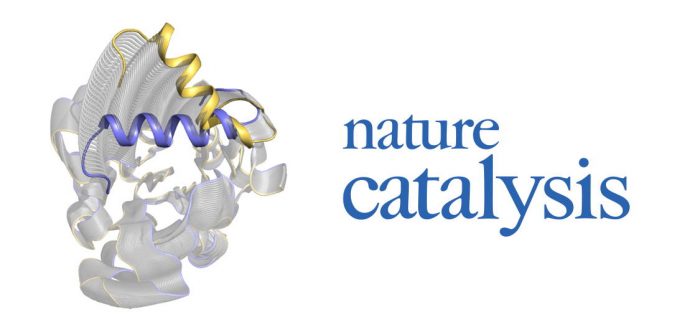Today Sílvia Osuna received the Premio Lilly Joven de Investigación 2019 at the headquarters of Lilly in Madrid, where she also delivered her award-ceremony talk “Computational enzyme evolution”. She has won the award, as already announced earlier this year, for her outstanding scientific career on enzyme design, fullerenes, and carbon materials. The Lilly Prize for Young Investigators
- sec.iqcc@udg.edu
- +34 972 41 83 57
News
Prof. Marcel Swart, director of the IQCC since 2015, was recently elected as member of Academia Europaea and received yesterday the corresponding decorations. The Academia Europaea is a pan-European Academy founded in 1988 and is composed of individual scientists and scholars from all disciplines, who are experts and leaders in their own subject areas as
Last weekend in Sevilla, PhD student of Institute of Computational Chemistry and Catalysis (IQCC) Miquel Estévez with three more researchers have been awarded the best project in the category of Earth’s Oceans: Rising Water given by Hackathon SpaceApps Challenge of NASA. They have received the award for their project entitle WaterMatters based on NASA data
Close O-O contacts make me redder. The tetrafurylethene AIE luminogen has a strong red morphochromism going from the aggregate to the crystalline phase (27 nm). In this joint study with the group of B.-Z. Tang in Honk-Kong University of Science and Technology, which started with the visit of L. Viglianti in 2018, Lluís Blancafort and
Many drugs used for the treatment of diseases present chiral properties. In this study we aimed to produce an optically pure stereoisomer that is a key intermediate for the production of steroidal medicines such as levonorgestrel or gestodene. The targeted stereoisomer was the (13R, 17S)-methyl secol, which can be produced by the asymmetric reduction of
Nickel-catalyzed C-F activations enabled chemo-divergent C-C formation with alkynes by chelation assistance. The judicious choice of the al-kynes electronic properties allowed the selective synthesis of double-insertion aromatic homologation or alkyne mono-annulation products by C-F/C-H activation. Based on the unambiguous crystallographic characterization of an unprecedented 9-membered nickelocyclic intermediate and extensive DFT studies, a plausible mechanistic rationale
Tomorrow (3rd of October, 16h, Sala d’actes, edifice LEAR, Aulari Comú) will take place the Autumn edition of the IQCC Forum, a quarterly meeting-place where high-quality science will be discussed. The IQCC Forum gives the opportunity for PhD and postdoc members of the IQCC to present their work to a wide audience. This will lead
Nickel complexes have been widely employed as catalysts in C–C and C–heteroatom bond formation reactions. While Ni(0), Ni(I), and Ni(II) intermediates are most relevant in these transformations, recently Ni(III) and Ni(IV) species have also been proposed to play a role in catalysis. Reported herein is the synthesis, detailed characterization, and reactivity of a series of
The development of artificial synthetic receptors that imitate the binding site of enzymes and other proteins is a challenging task. In particular, reproducing the innate flexibility of proteinogenic receptors is particularly difficult, although it is an essential feature for functions such as enzymatic catalysis. Now, researchers at IQCC have developed a novel synthetic receptor that
A few weeks ago a new author database of top scientists was published by a team of four researchers from the USA and Netherlands, which took data from Elsevier’s Scopus database to provide standardized information on citations and several indices. Two approaches were taken, one long-term (career) impact and one short-term impact where output from










